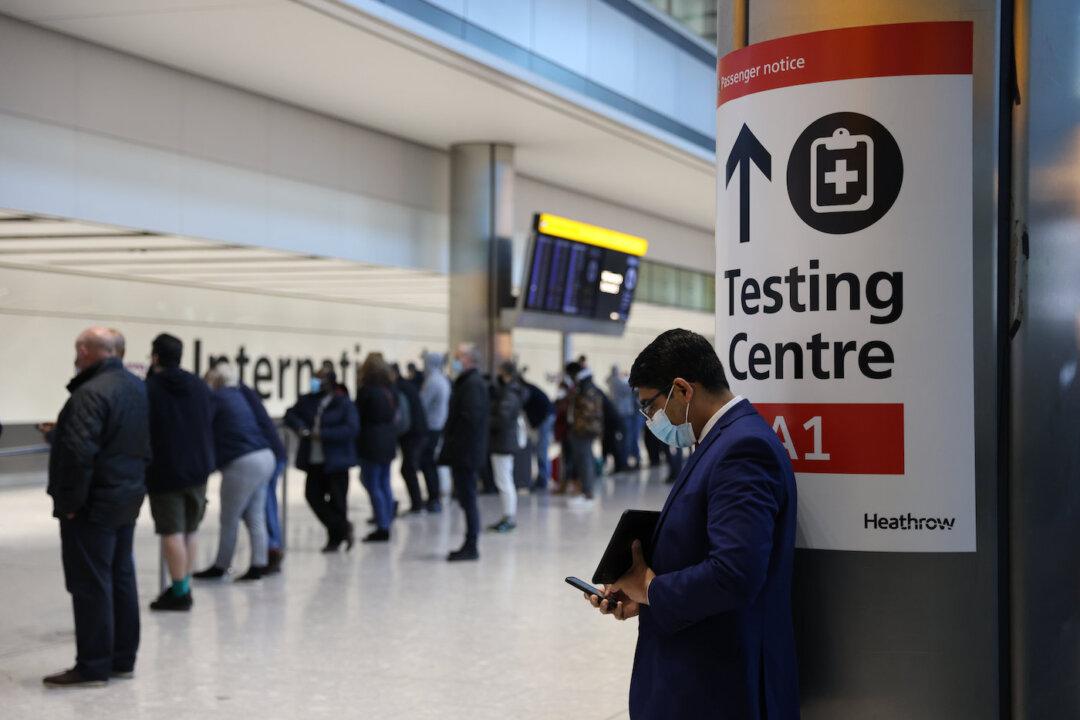The chief scientist of the World Health Organization (WHO) said Friday that the Omicron COVID-19 strain appears to be “very transmissible” based on initial data that has been gathered by the health body.
But the official, Soumya Swaminathan, said it’s not possible to know if Omicron would become the dominant strain. Currently, in many countries including the United States, Delta is the most common COVID-19 variant.






